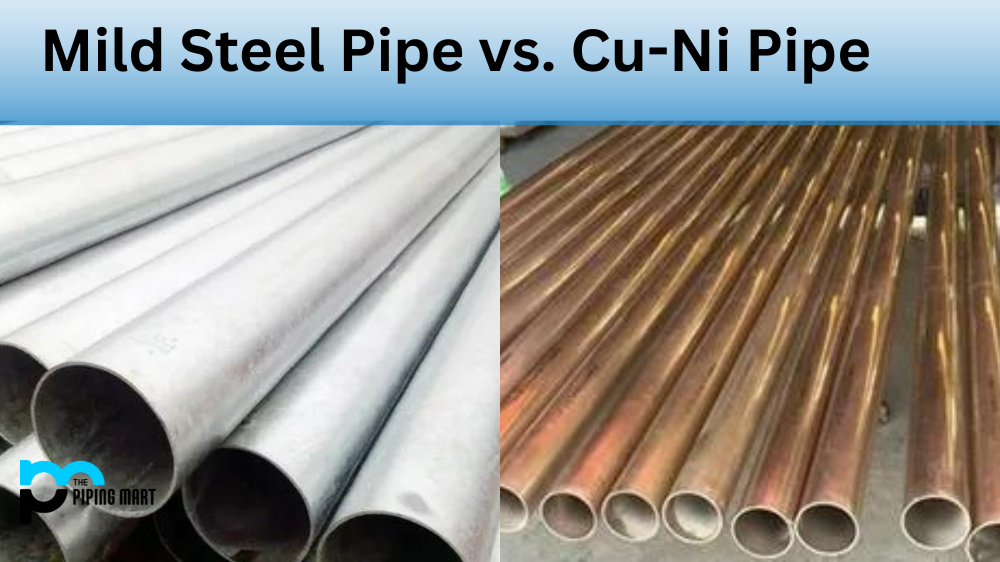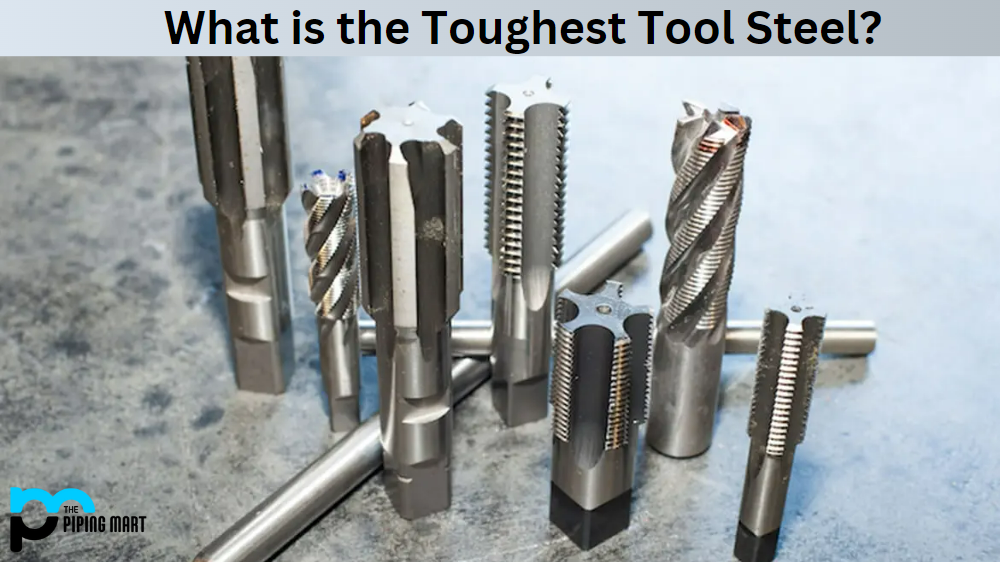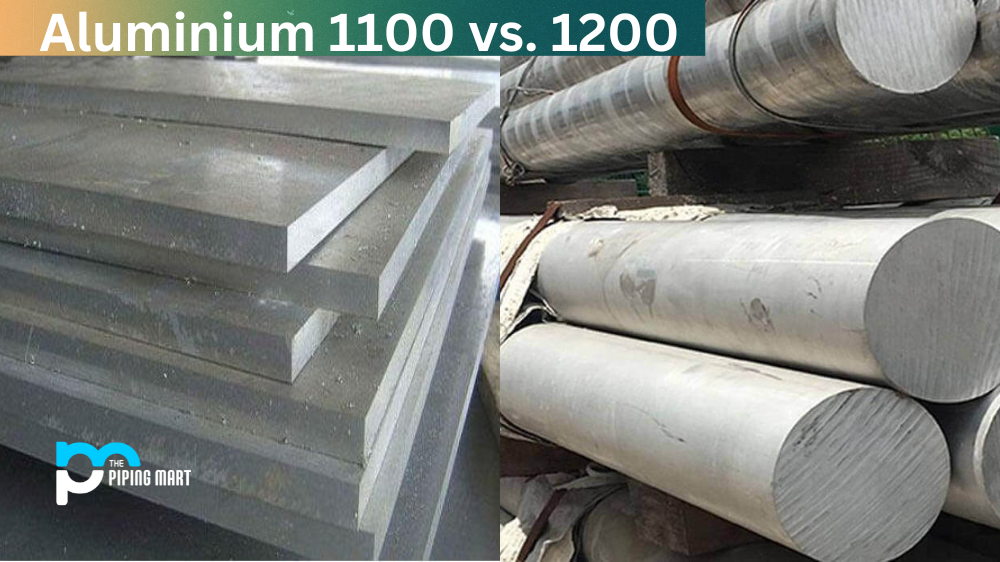If you are considering using pipes for your next project, you may wonder which type of pipe is the best option – mild steel or Cu-Ni (copper-nickel alloy) pipe? Understanding the benefits and drawbacks of each type can help you make an informed decision. Let’s take a look at both types of pipes more closely.
Mild Steel Pipe
Mild steel pipe is made from iron ore and has a very low carbon content. It is highly malleable, allowing it to be easily cut and formed into various shapes and sizes. Mild steel pipe is also relatively inexpensive compared to other types of piping materials, making it a popular choice when the budget is a factor. However, this material can corrode over time if exposed to moisture or certain chemicals, so it should only be used for projects in dry climates or with proper protection against corrosion.
Cu-Ni Pipe
Cu-Ni (copper-nickel alloy) pipe is made from copper and nickel alloys that have been heat treated to create a harder, more durable material than mild steel. This type of pipe offers superior corrosion resistance due to its higher levels of nickel, meaning it can handle exposure to moisture or harsh chemicals without deteriorating as quickly as mild steel pipe would. Of course, this added durability comes at a cost – Cu-Ni pipe is much more expensive than mild steel pipe.
Chemical Composition
Mild steel pipes are made of iron and carbon, while Cu-Ni pipes are made of copper, nickel, and iron. The different chemical composition of these two types of pipes results in different properties and applications.
Strength and Durability
Mild steel pipes are stronger and more durable than Cu-Ni pipes. This is due to mild steel’s higher carbon content, making it harder and less susceptible to damage. Cu-Ni pipes are more malleable and ductile, which can be bent or shaped more easily without breaking.
Corrosion Resistance
Cu-Ni pipes are more resistant to corrosion than mild steel pipes. This is because the copper in Cu-Ni pipes forms a protective layer on the pipe that prevents rust and corrosion. Mild steel pipes are not as resistant to corrosion but can be treated with a coating to improve their resistance.
Temperature Tolerance
Cu-Ni pipes have a higher temperature tolerance than mild steel pipes. This means that they can withstand higher temperatures before becoming damaged. Cu-Ni pipes are often used in high-temperature applications such as boiler systems. Mild steel pipes can also be used in high-temperature applications, but they may not perform as well as Cu-Ni pipes.
Cost
Mild steel pipes are typically cheaper than Cu-Ni pipes. This is because mild steel is more abundant than copper and nickel, making it less expensive.
Conclusion:
When deciding between mild steel pipe and Cu-Ni (copper-nickel alloy) pipe for your project, it’s important to consider the pros and cons of each option carefully. Mild steel is less expensive but can corrode over time; Cu-Ni offers superior corrosion resistance but comes with a higher price tag. Ultimately, your budget and the specific needs of your project will determine which type of piping material will work best for you.
Meet Heer, a dynamic and driven writer learning tricks of her trade in the metal industry. With a background in Digital Marketing, Heer brings a unique perspective to her writing, sharing valuable insights. Apart from blogging she like reading and hiking.




